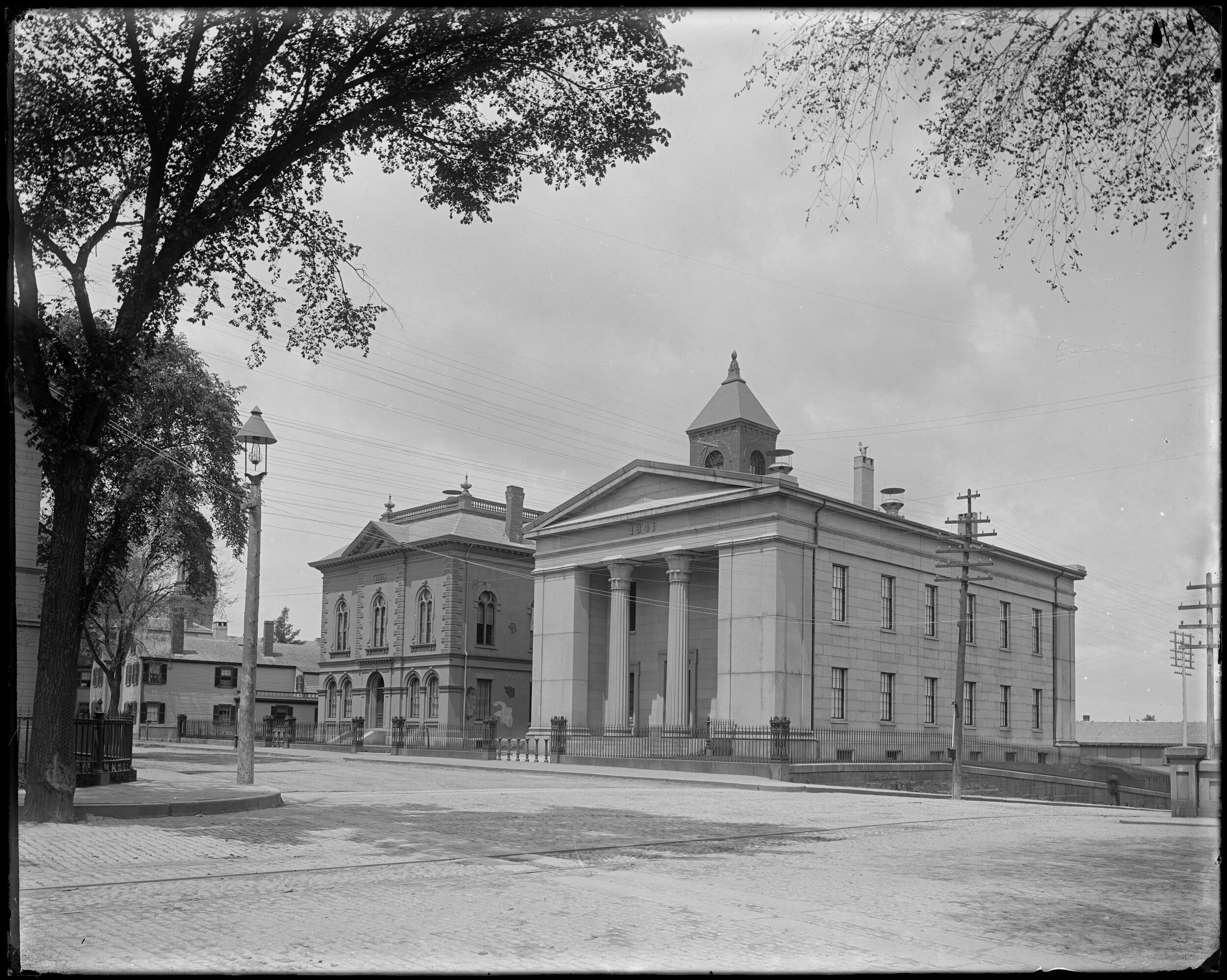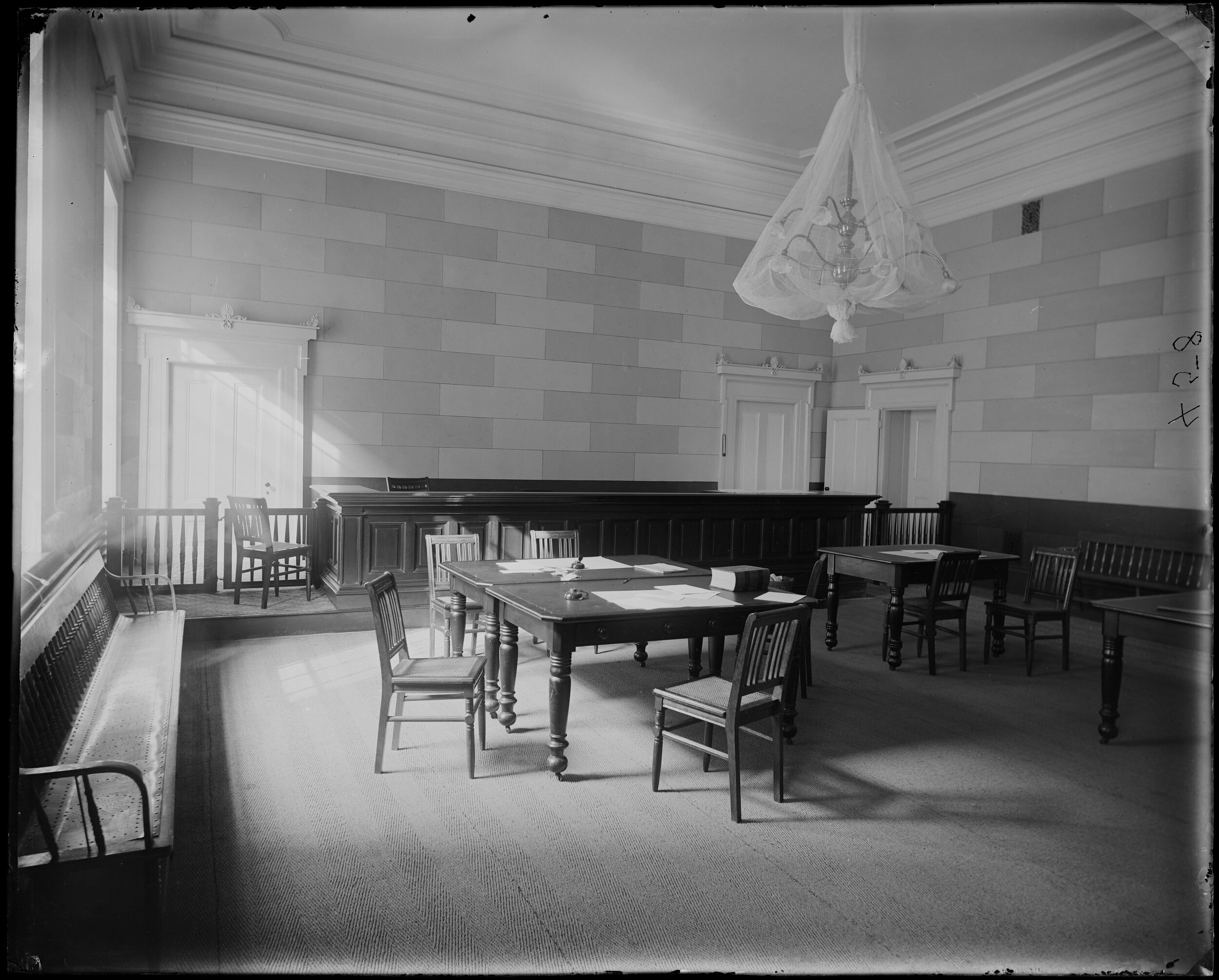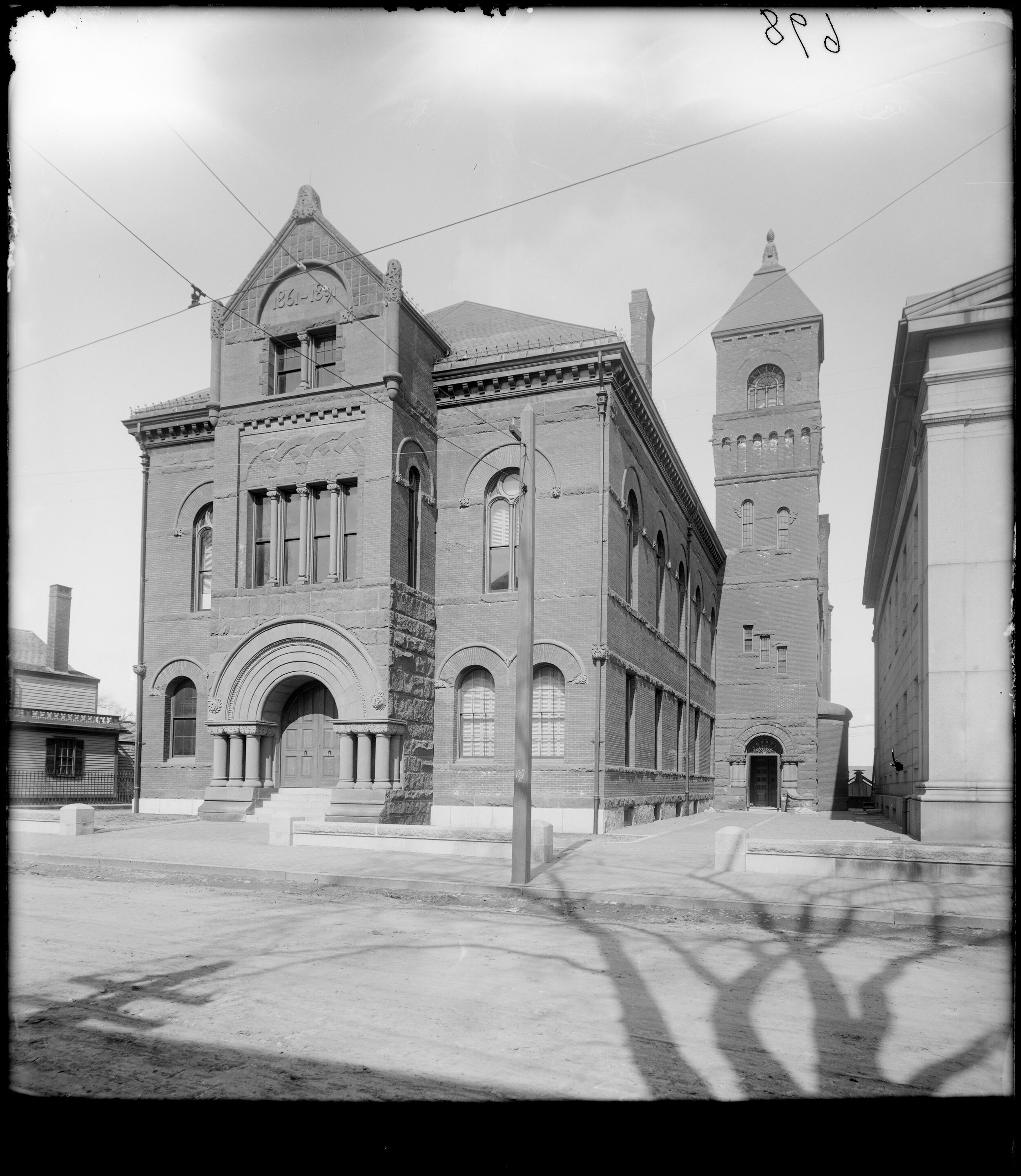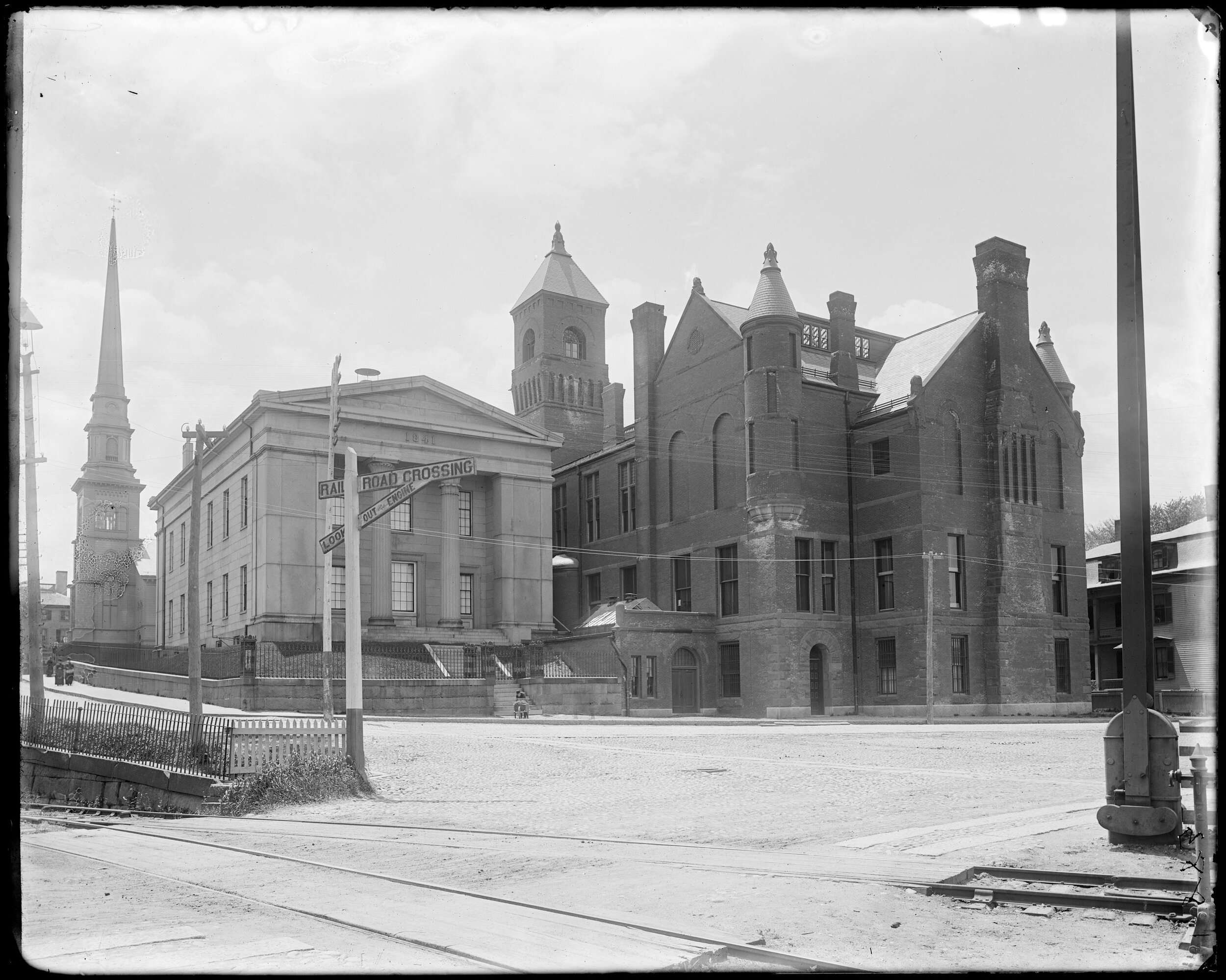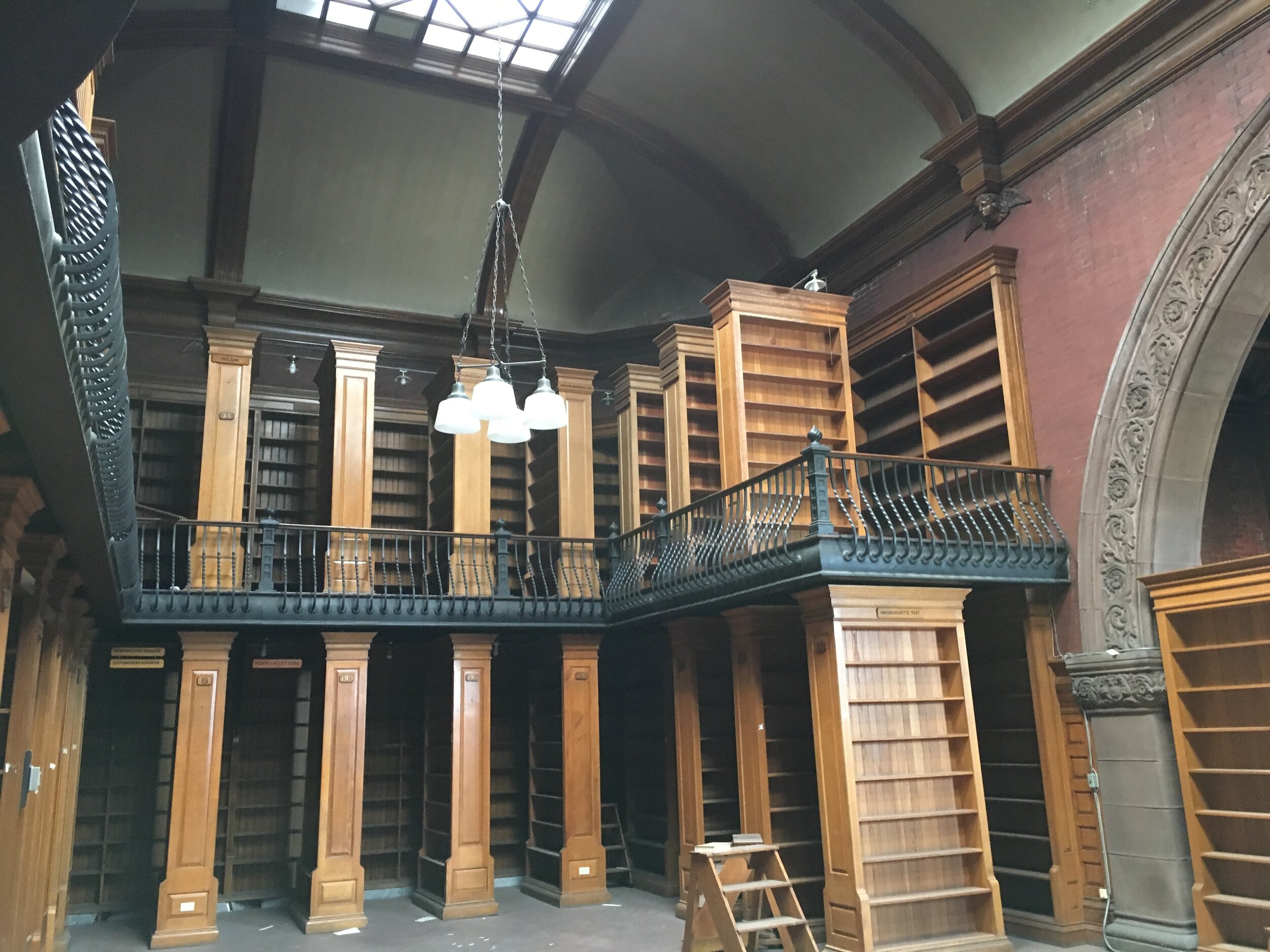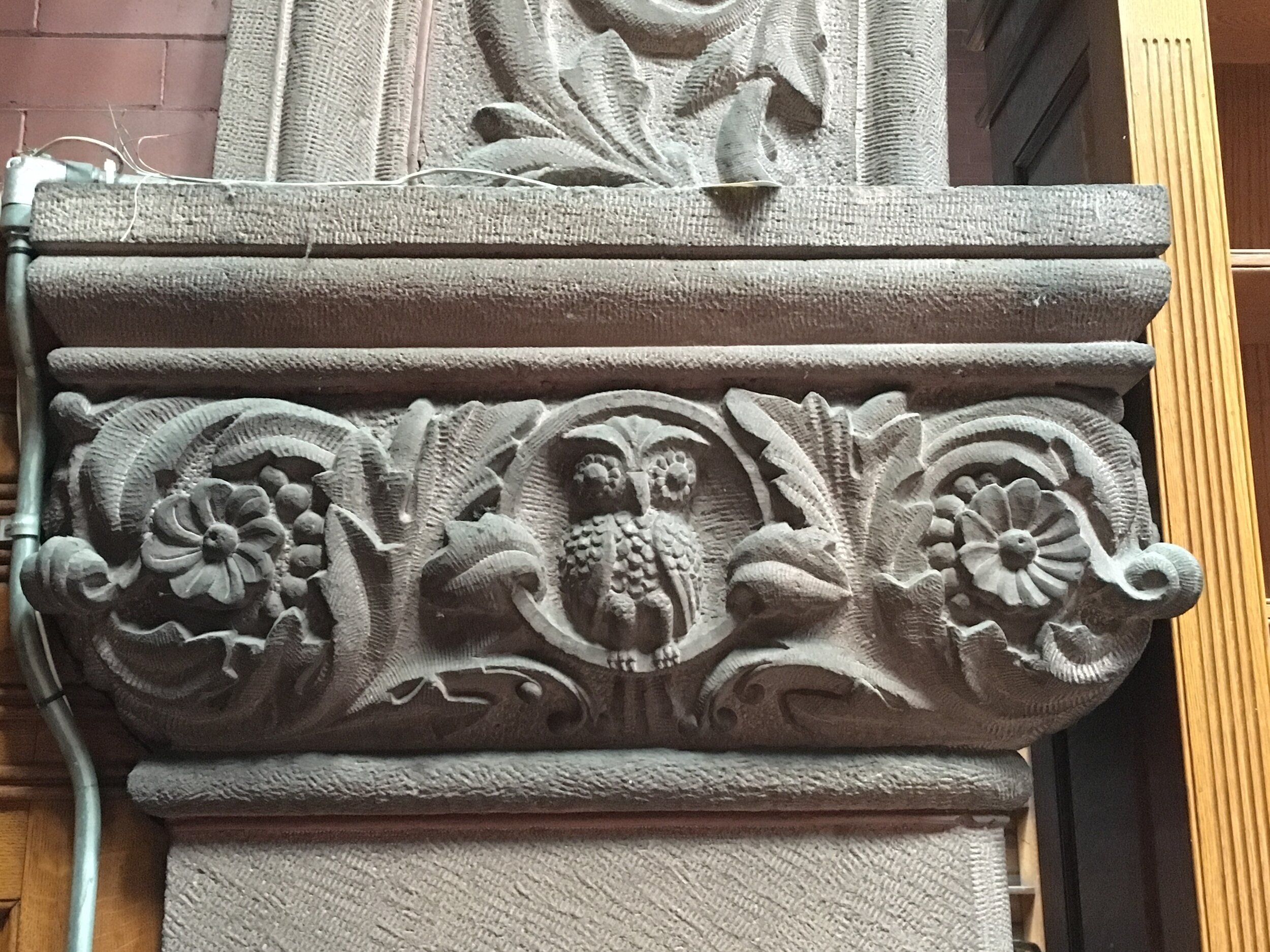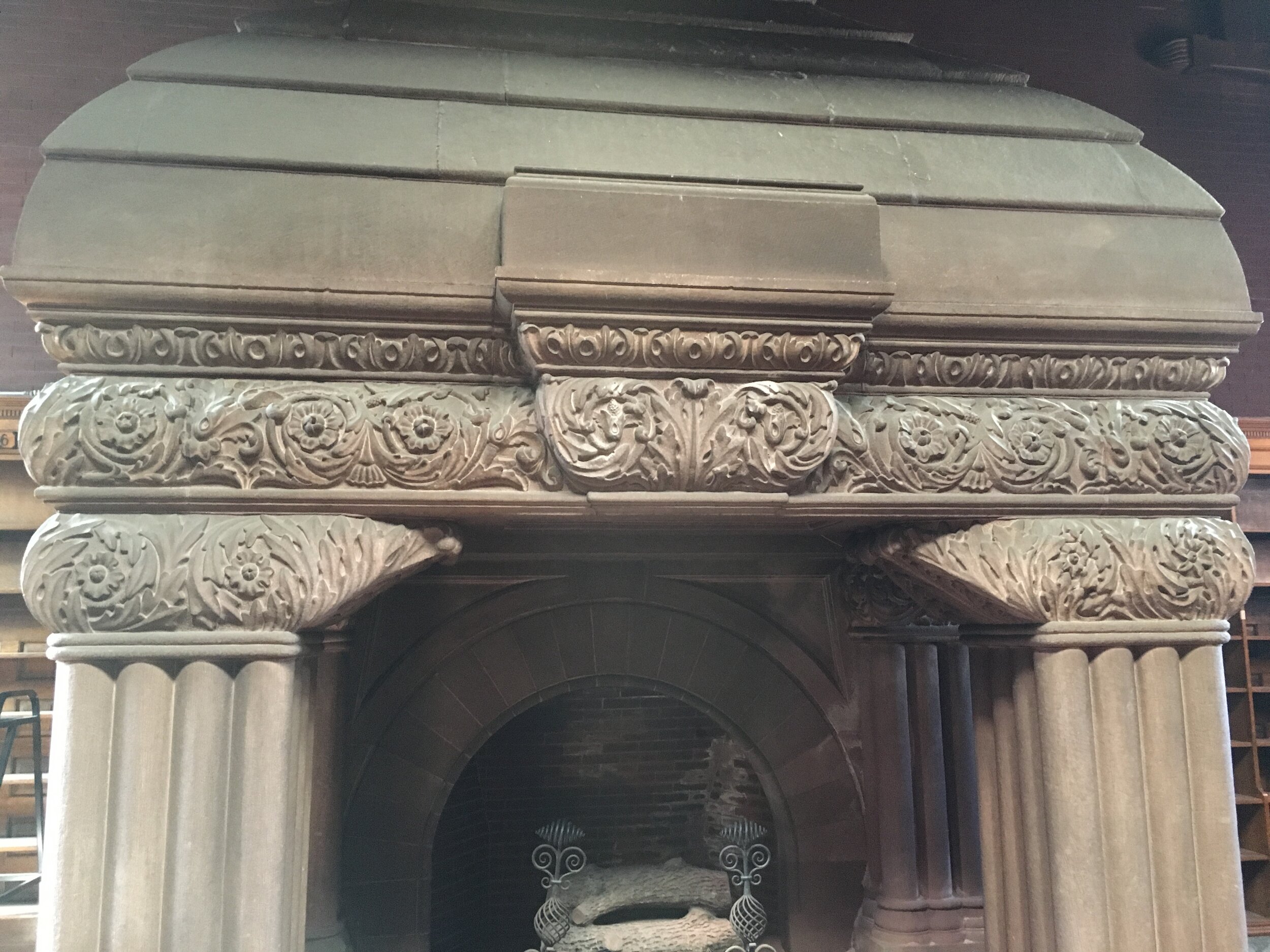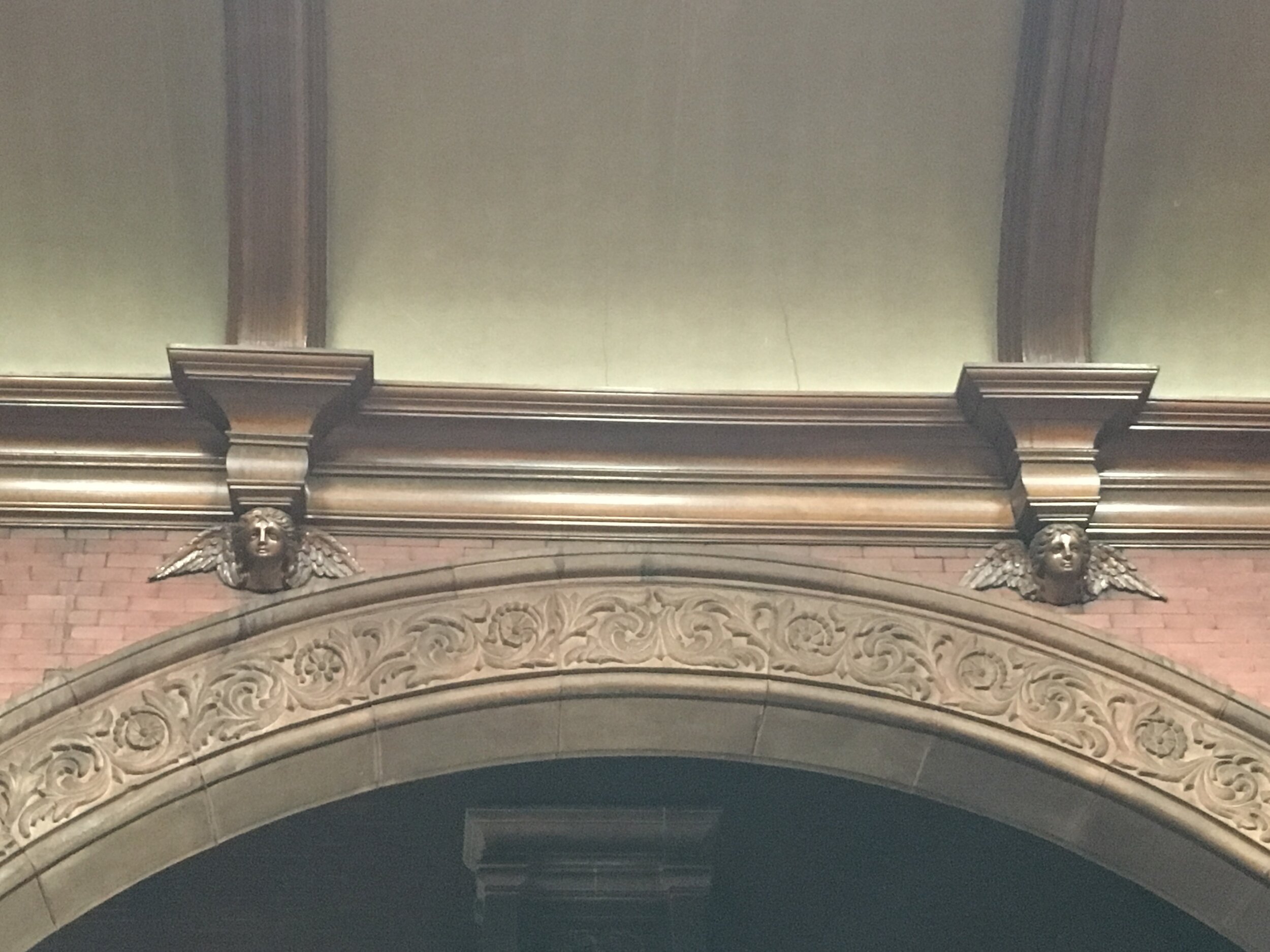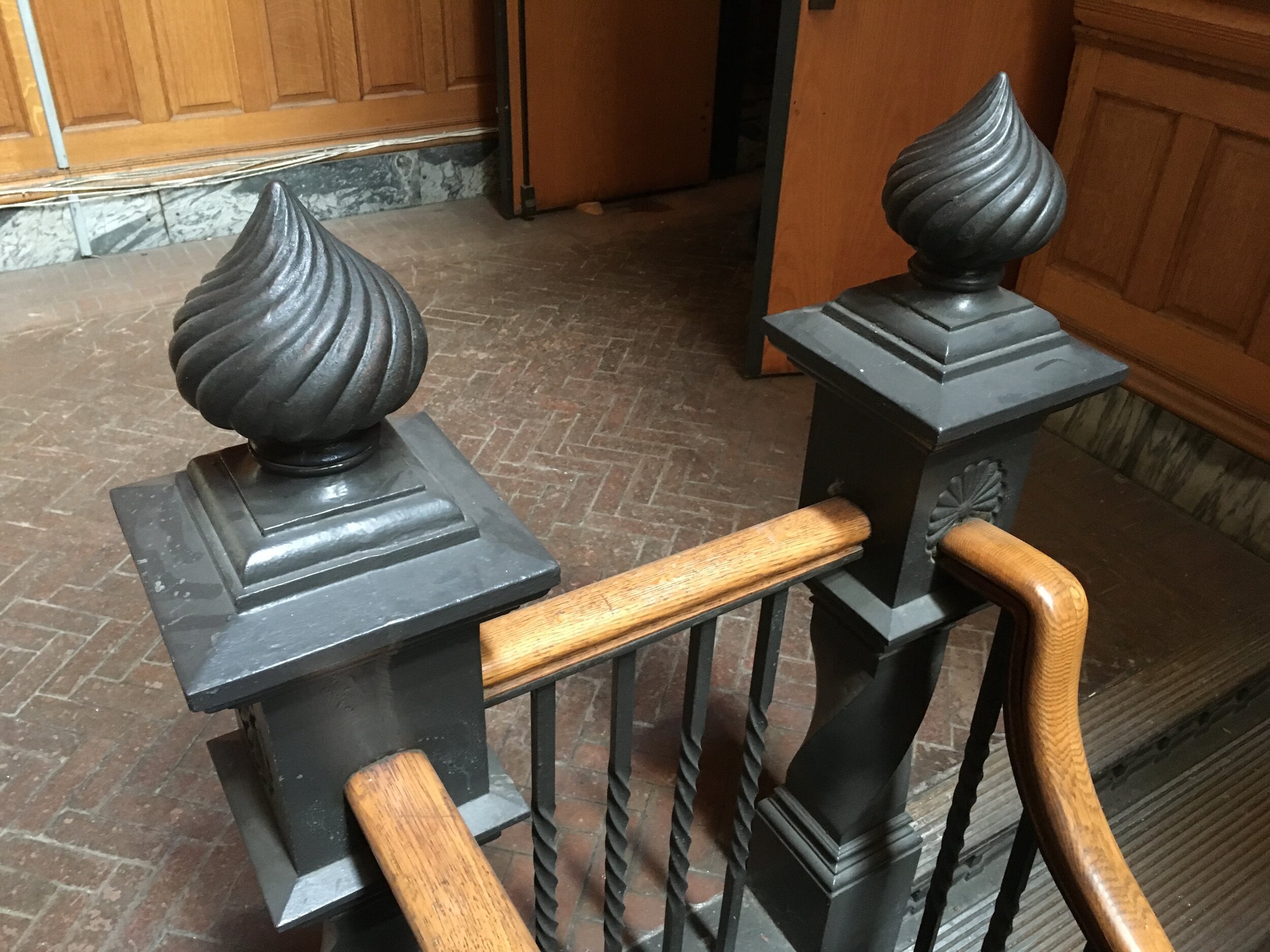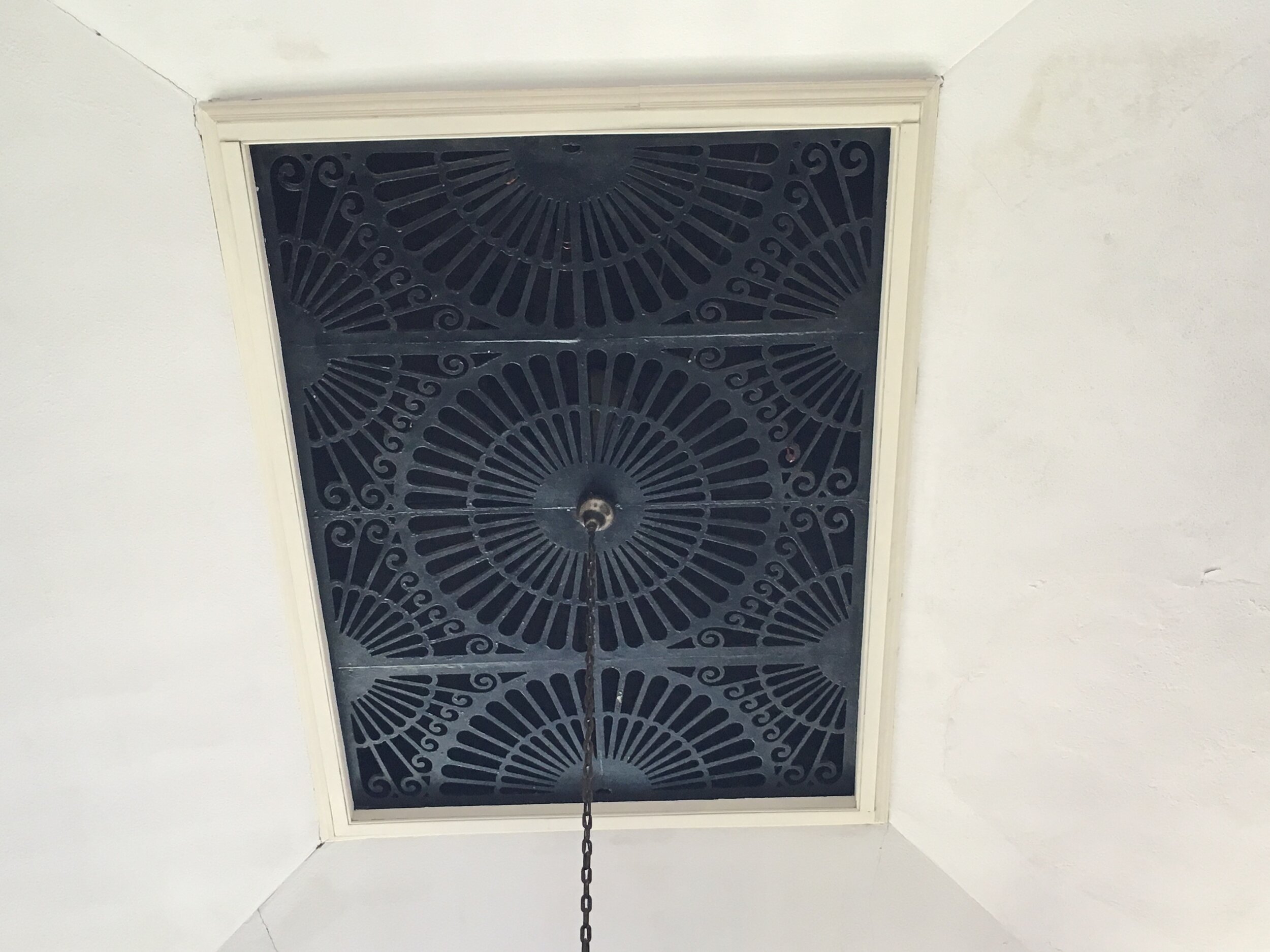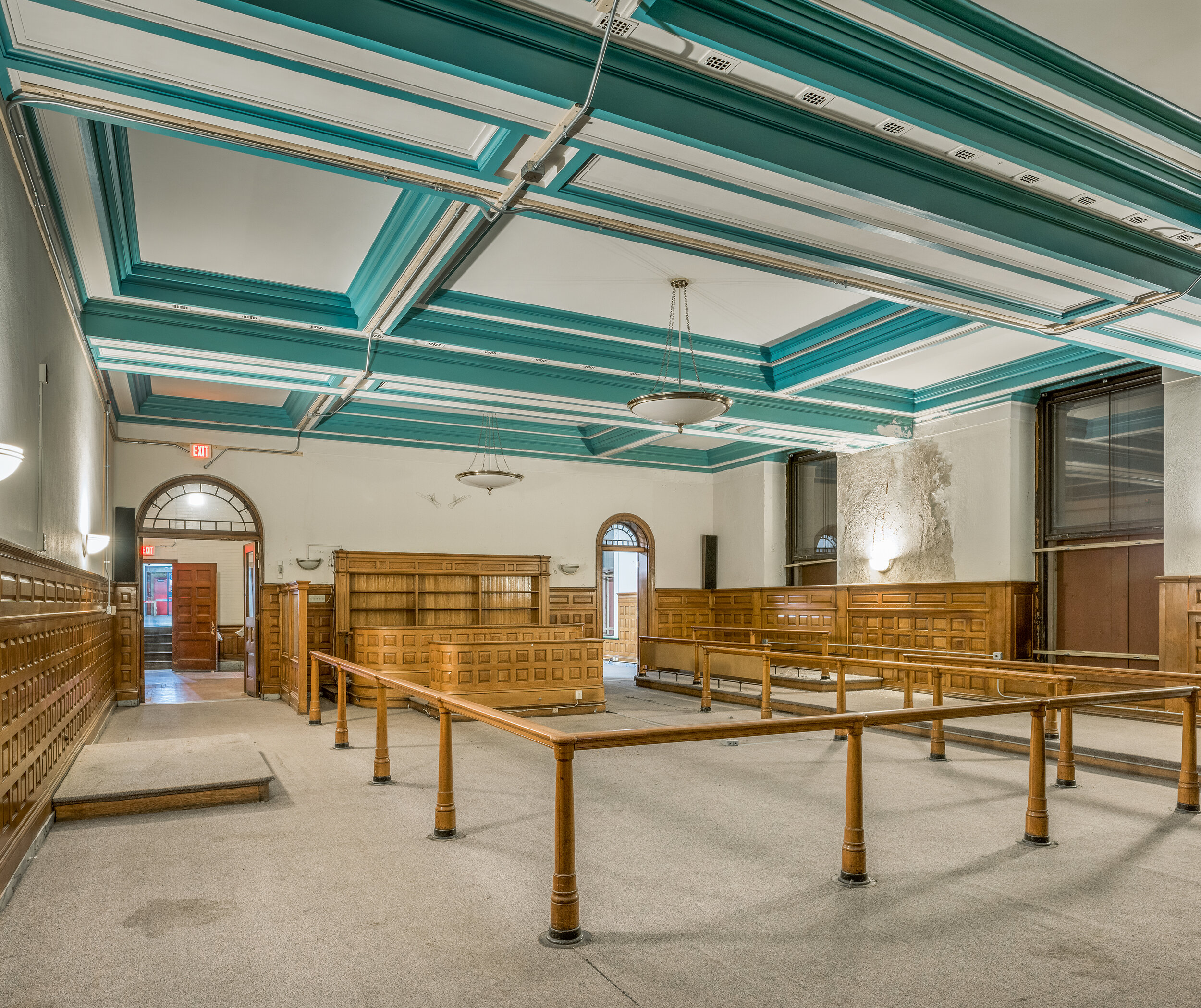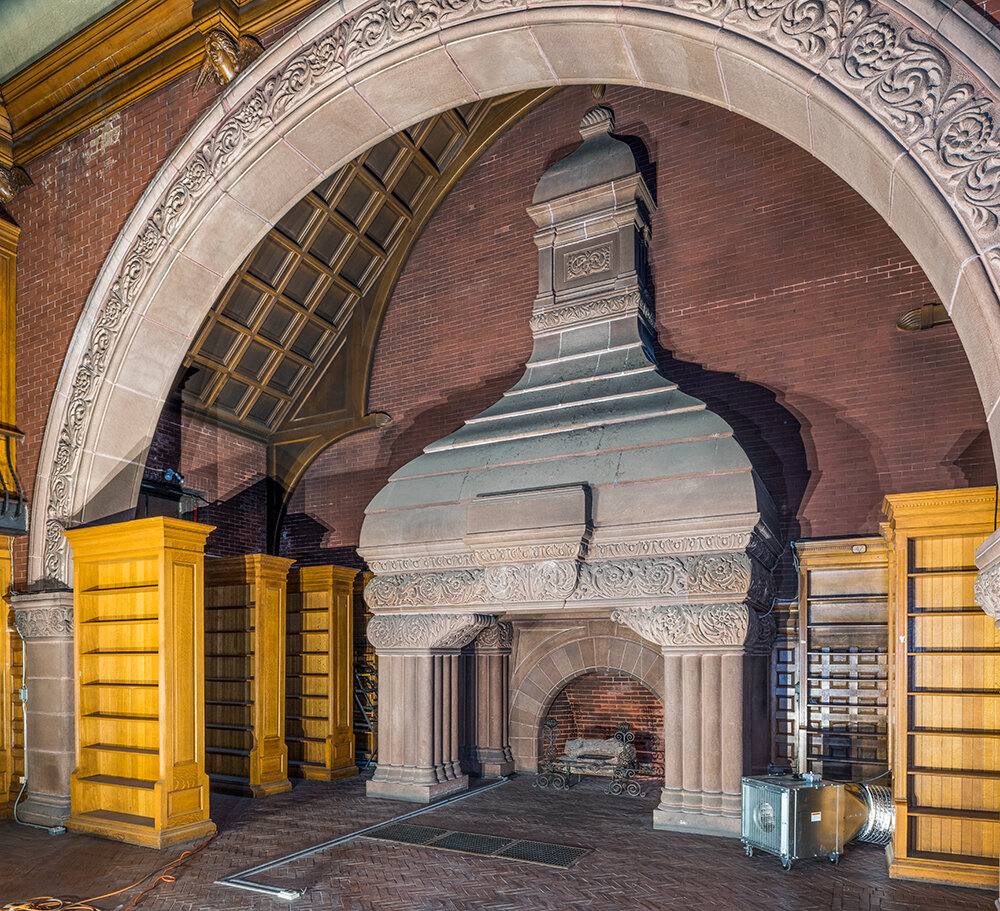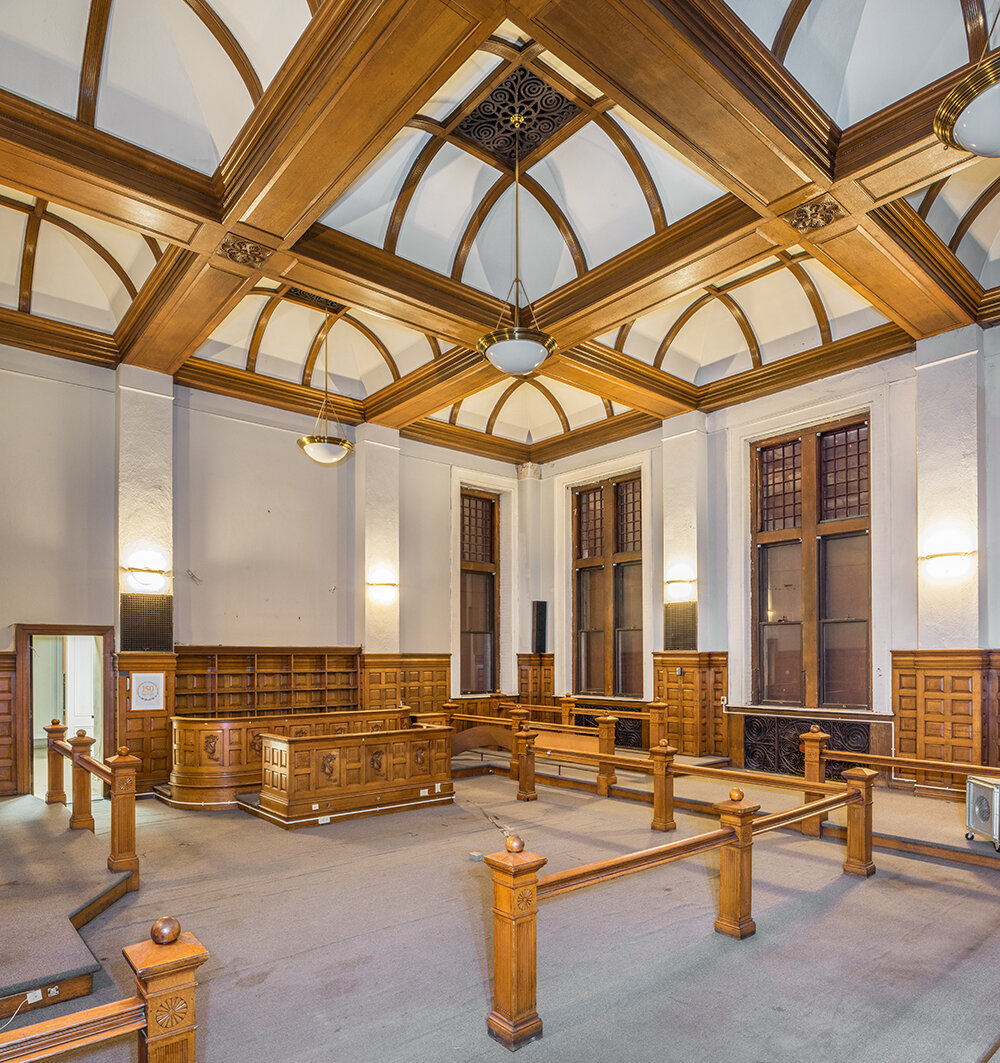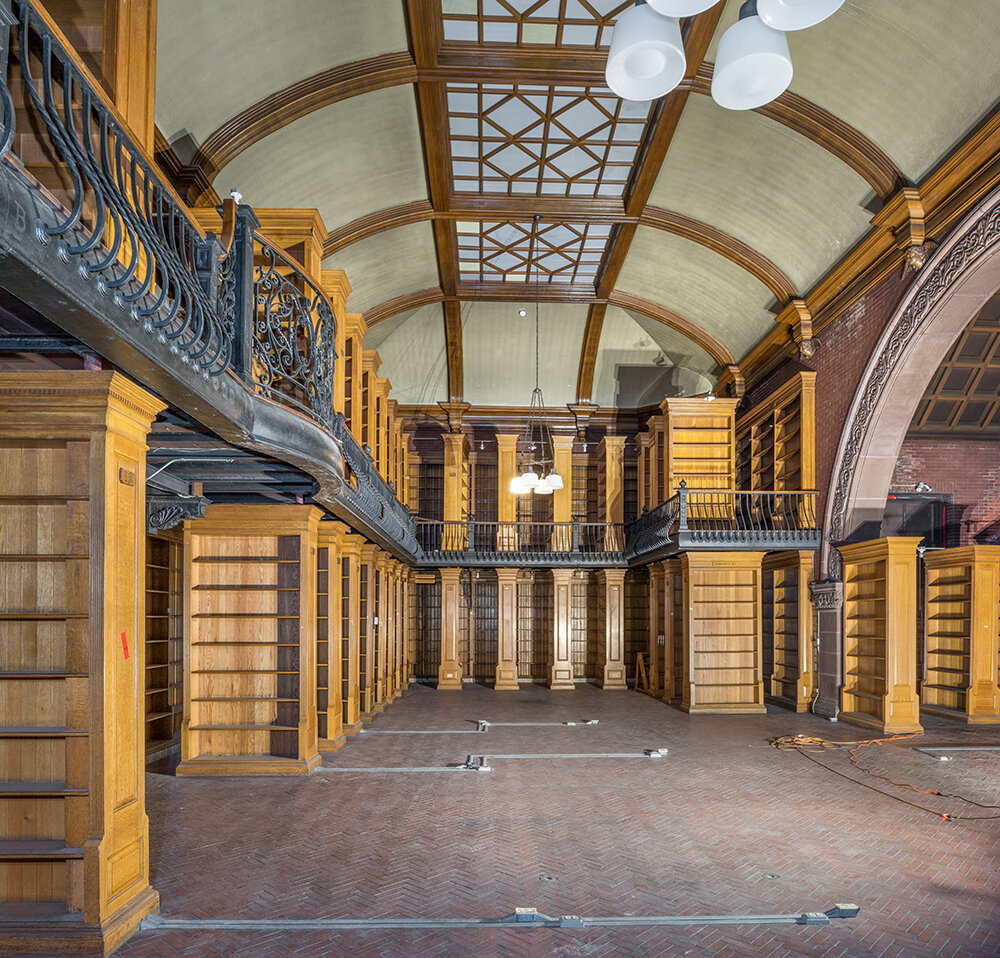Redeveloping Salem’s Historic Court Buildings
The County Commissioner’s and Superior Court Buildings on Federal Street in downtown Salem are prominent and outstanding examples of historic civic architecture and together with the adjoining historic Registry of Deeds and Probate Building (1909) present one of Salem’s most iconic historic streetscapes. Currently owned by the Commonwealth of Massachusetts under the Division of Capital Asset Management and Maintenance (DCAMM), the now vacant buildings will soon be transferred to the Salem Redevelopment Authority (SRA) and subsequently transferred to a development partner with the goal to preserve the buildings and put them back into active, community use.
The buildings speak to several important community values. First, they represent Salem’s legacy connected to issues of justice—from the witch trials of 1692 to today’s role as the judicial center for the region. Second, the buildings demonstrate the community’s commitment to historic preservation. Third, the buildings present an opportunity for creative ideas and innovation to take root and flourish—something Salem is also known for, encourages, and celebrates. Through a competitive selection process, the SRA selected a developer who recognizes these values and can envision these buildings according to the following tenets:
Historic Preservation: The reuse of these buildings must demonstrate the community’s commitment to historic preservation. The preservation of the exterior and the preservation and retention of character-defining interior spaces is required. Approaches that create the feeling of living history is desired. From the witch trials of 1692 to present day as the region’s judicial center, the reuse of the buildings should respect the buildings’ history regardless of the new uses in them.
Economic Sustainability: Redevelopment plans, including prospective tenants, must be financially sustainable, create new jobs, and expand the tax base.
Vitality: The buildings present an opportunity for creative ideas and innovation to take root and flourish—something Salem is known for, encourages, and celebrates. The uses proposed by development teams must bring new life to these buildings. Uses should draw Salem’s residents, workers, and visitors alike to their grand entrances and welcome the community in so that it may enjoy this next phase in these buildings’ lifespan.
Redevelopment Process timeline
Late 2019 - The SRA solicited Requests for Qualifications from development teams interested in redeveloping the historic court buildings. Seven teams submitted qualifications.
Early 2020 - SRA selected four teams to submit full redevelopment proposals.
June 2020 - Redevelopment proposals due
August/September 2020 - SRA interviewed with development teams
October/November 2020 - SRA selected development team for historic Court buildings
As part of the disposition process of the buildings to the City, a preservation restriction will be placed on both buildings to ensure that interior and exterior character-defining features in each building will be preserved. This includes preservation of the elaborately detailed Law Library in the Superior Court Building. In addition, the SRA will require the redevelopment to comply with the Secretary of the Interior Standards for the Rehabilitation of Historic Properties.
History of the court buildings
The monumental granite County Commissioner’s Building (built in 1841) was described by architectural historian Bryant Tolles, Jr. as one of the most outstanding Greek Revival style civic buildings surviving in New England. The brick Italianate and Romanesque Revival Essex County Superior Courthouse Building (built in 1862, modified in 1887) features dramatic brownstone embellishments and retains much of its architecturally-significant interior including original courtrooms and law library. Both buildings are listed in the National Register of Historic Places as part of the Essex County Court Building Complex and the Federal Street Historic District. The buildings were vacated when the new J. Michael Ruane Judicial Center was opened in 2012.

